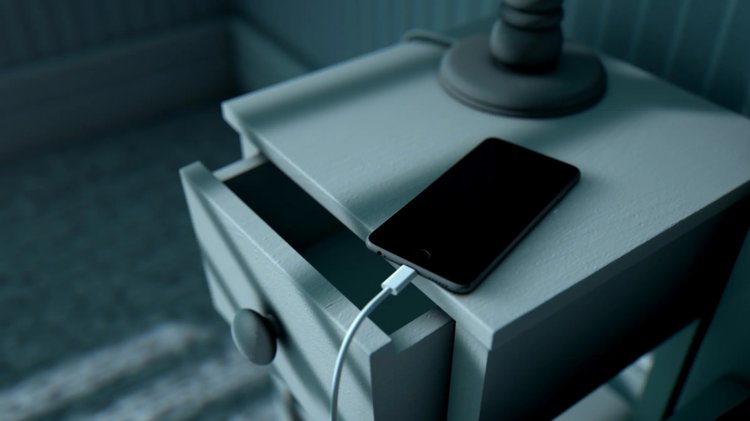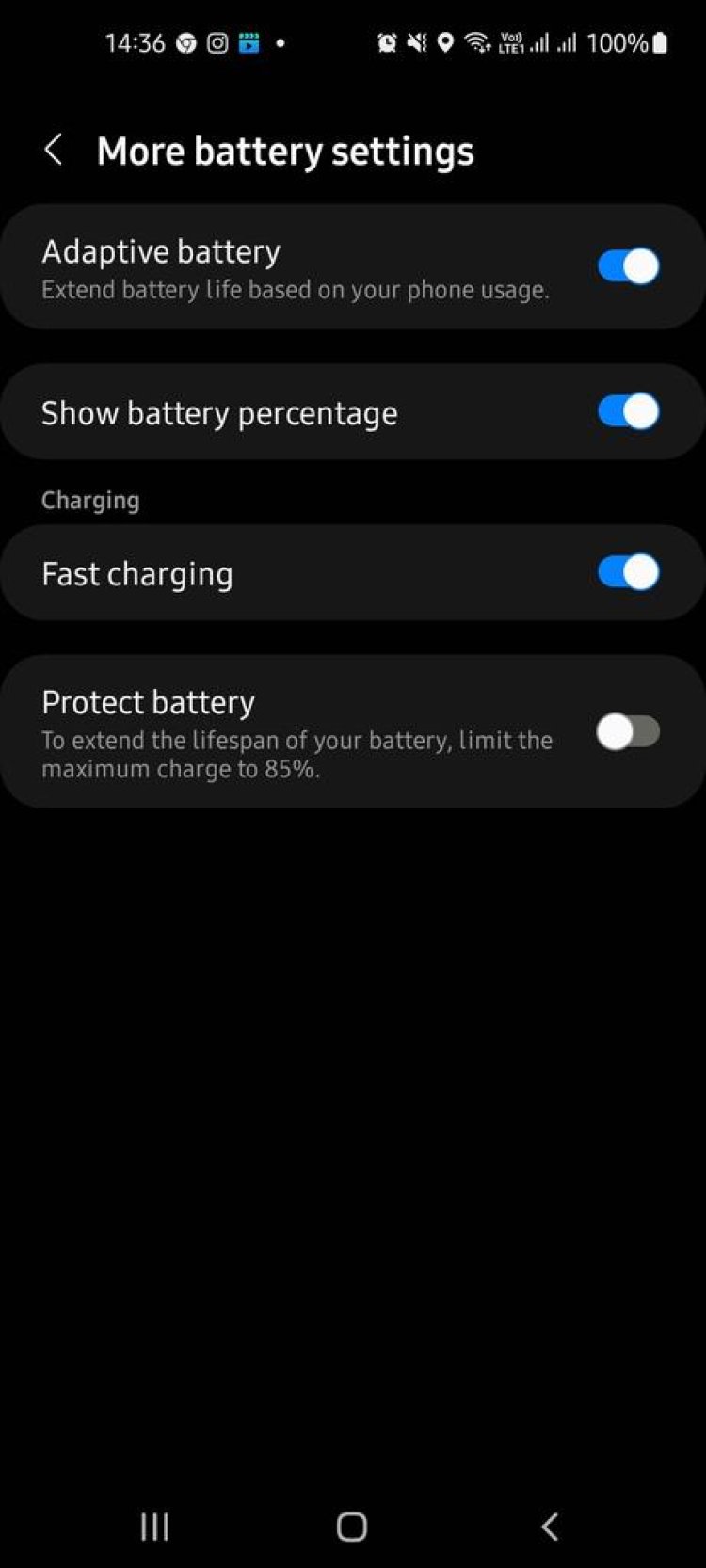Explained: Does Charging Your Phone Overnight Reduce Battery Life?
Smartphones have advanced a lot over the years, but they still last about a day on a full charge.

A smartphone marketing professional was the subject of an uproar by social media users after she insinuated that leaving a smartphone charging overnight reduces the battery's lifespan.
Speaking on NTV on Wednesday, September 28, the expert, Maureen Kambona cautioned Kenyans against charging their smartphones to full capacity for the entire night, stating that doing this reduces the lifespan of the device.
She was a guest on the station's Your World morning show hosted by Winnie Lubembe, where she was showcasing the features of one of the recently introduced smartphones to the Kenyan market.
"Please don't let your phone sleep overnight in the charger, it reduces the lifespan. If you can be able to get it there for one hour (to 100 per cent) please just remove it, don't let it charge overnight, you're reducing the lifespan of your phone," she pleaded to Lubembe.
Watch the video:
Don't leave your phone charging overnight, it reduces your battery's lifespan ~ Maureen Kambona. pic.twitter.com/EYuCYC9jLD — NTV Kenya (@ntvkenya) September 28, 2022
The majority of the criticism that was directed at her for the better part of the day touched on her lack of knowledge on the subject as these days, phone batteries have developed special technologies to prevent the reduction of battery life owing to users tending to leave their phones charging when they sleep at night.
Viral Tea provides an explanation of whether charging your phone overnight is bad for your battery.
Is Charging your Phone Overnight Bad?
Smartphones have advanced a lot over the years, but they still last about a day on a full charge. That means most of us are charging up the battery all night while we sleep.
Battery technology has undergone some slight improvement over the years, contrary to what people have been led to believe. The capability by phones to do a lot more, needing more power, has seen smartphone companies invest in bigger and better batteries that still need to be charged daily.
The majority of confusion stemming from advancements in battery technology means that what might have been true at one time is no longer true. There are many myths surrounding the proper use of phone batteries, how often to charge them, and how to make sure you get the longest lifespan out of them.
Depending on the device, it can be important to only charge a battery for a specific amount of time to avoid overloading and ruining a battery.
However, with most modern devices (and all current mobile phone batteries), protection chips monitor when the internal lithium-ion battery hits full capacity. When this happens, charging is immediately stopped, meaning one cannot overload the battery with this method.
Smartphones are designed with protections in place to keep the battery and other components inside safe. One thing that can do damage to phones is overheating, which is where a lot of the concern for charging overnight comes in.
Most phones will charge quickly when you first plug them in or place them on a wireless charger so that if you just need some extra power in a hurry you don’t have to wait long. However, after a while, charging will slow down and stop entirely when it reaches 100 per cent.
Since it stops charging at 100 per cent, the battery will slowly discharge. Once it drops to 99 per cent again, it will sip a very small amount of power to go back up to 100 per cent.
That cycle repeats itself until you take it off the power. The phone is never being overcharged, but it is almost constantly charging.
Extra Features
Apple and some Android manufacturers have introduced extra features to keep your phone charging between 20 to 80 per cent as much as possible.
Beginning with 2019’s iOS 13, iPhones have an “Optimized Battery Charging” feature. When enabled, the phone will stay around 80 per cent for most of the night and the algorithm learns when you typically wake up and charges the device the rest of the way before that. You still start the day at 100 per cent, but it wasn’t cycling between 100 and 99 per cent all night.
Some Android devices have essentially the same feature. OnePlus calls it “Optimized Charging;” Google Pixel phones have “Adaptive Charging" and Samsung Galaxy devices take it a step further and allow you to set the battery at 85 per cent all the time.

Some of the advanced features of charging a Samsung phone. /MARVIN CHEGE.VIRALTEAKE
If you charge your phone overnight, it’s a good idea to enable these features if you have them. It makes charging overnight slightly less problematic.
Battery Lifespan
With those protections in place, it’s very, very difficult for you to do any undue damage to your phone’s battery. However, batteries will degrade over time and with no solution to that, it's just a matter of how much you are helping that process along.
Charging cycles are what affect the lifespan of your battery. The more charging cycles it goes through, the more the battery degrades. This is why it’s best to keep your phone between 20-80 per cent charge as much as possible.
That’s where charging overnight can speed up the battery degradation process. Cycling between 99-100 per cent for several hours is like repeatedly switching on and off a light in a room. It’s not going to make the bulb explode into flames, but it’s also not particularly good for the bulb.
It thus brings to the question of charging batteries overnight. What exactly constitutes “bad” for the battery? Is your phone going to overheat and start on fire? No, there are protections in place to prevent that—as long as you use the correct equipment. Will it take some life off the battery? Yes, but it may not be noticeable to you.
How To Avoid Effects Of Charging Overnight
There are some things you can do to charge your phone overnight and mitigate some of the downsides. First and foremost, make sure the device has room to breathe. Overheating is a big concern, so give it room and don’t cover it up with anything.
The other big thing you can do is choose the correct charging equipment. Using the chargers provided with the device and those specifically designed for it is very important.
Beyond that, you may consider avoiding “fast charging” during bedtime. Getting to 100% slower means spending less time in that 99-100% cycle.
Lastly, batteries can’t last forever. Using your phone is simply degrading the battery. There are some tips you can use to slow that degradation down, but most of us have no other convenient time to charge up our devices.

 admin
admin 




